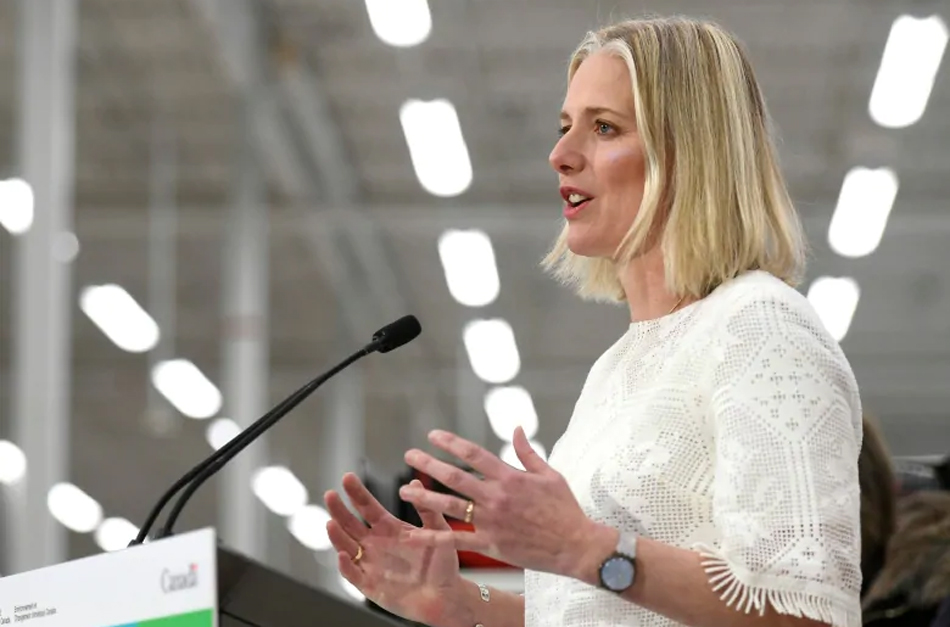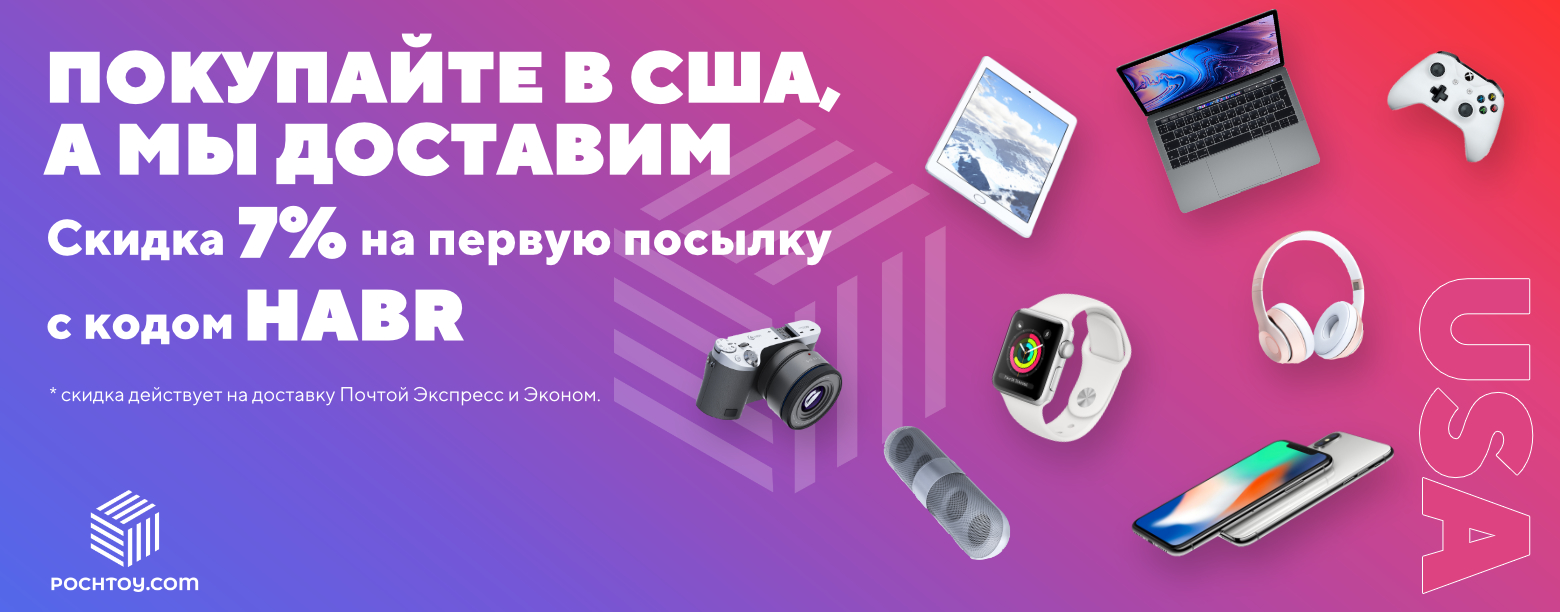Canada will ban the use of disposable plastic

Plastic straws, cotton buds, drink mixers, plates, cutlery, plastic bags, balloons and much more will fall under the blow. The ban will come into force in 2021. This is only part of Canada's global plastic pollution control strategy. According to rumors, the government will announce the full version in the coming days.
The government simply takes the full list of prohibited plastics from the European Union - which, in March, also voted to ban all plastic that instantly ends up in landfills. Including any oxo-degradable plastic containing additives that do not decompose completely, but break into small pieces, turn into microplastic and spread throughout the biosphere. Fast food packaging and glasses made from polystyrene foam are also prohibited. Canadian coffee lovers in paper cups tensed slightly.

At a meeting of the G7 in Quebec last summer, Prime Minister Justin Trudeau announced that Canada would lead the signing of the Charter for the Ocean Plastics Charter. France, Canada, Germany, Italy, Britain, and then the European Union immediately joined him. All of them agreed to take measures to reduce garbage falling into the sea, for example, by introducing new laws or raising taxes for companies that harm our ecosystem. The charter was also signed by many large corporations, such as Coca-Cola.
So far, things are not going very well in Canada. According to the latest official report , the country processes only 9% of plastic waste. And 87% find themselves in landfills. The Canadian Department of the Environment says Canadians throw out more than 34 million plastic bags every day .
This is a global problem because these packages can decompose up to 1000 years. Many during this time find themselves in the oceans, harming zooplankton and phytoplankton, and then, in a chain, to almost all creatures of the hydrosphere and biosphere, including humans. Despite the efforts of volunteers , there is more and more debris in the oceans every year. According to the World Economic Forum, by 2050 more plastic than fish will swim in them.

Minister of Environment and Climate Change Katherine McKenna today announces a change in the country's laws on plastic
There is also a problem with the fact that many particles of microplastic appear in the water and food that we consume. Recent studies have shown that plastic is ubiquitous: in marine organisms, bottled water, even beer. The average citizen of Canada, for example, gets about 312 particles of microplastic per day - or 121.7 thousand particles per year. Each such particle is a risk of developing bowel cancer, disruption of the endocrine system and a host of other problems.
At the same time, the plastic industry is booming. In Canada, from 2012 to 2017, it was one of the most developing sectors, and now it accounts for $ 35 billion in sales per year. 93 thousand employees work in the plastic industry, mainly in the provinces of Ontario, Quebec and Alberta.
At the same time, the country's garbage processing industry generates about $ 350 million turnover per year, and there are less than ten companies with a total staff of 500 people.
PS Buying in America is profitable with Pochtoy.com. Delivery with us - from $ 11.99 per pound. Plus - 7% discount when registering with the HABR promo code. And if you would like, on the contrary, to sell your goods in US stores, we now have a new service - fulfillment .

